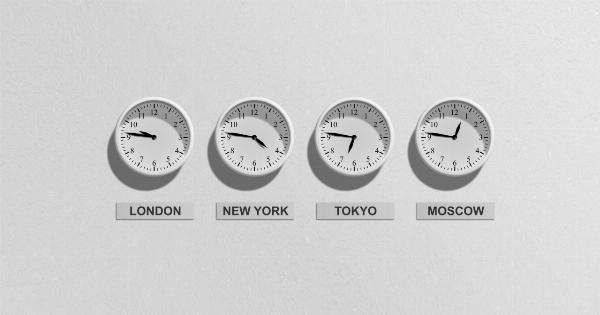For many, working long hours has become the new norm. Staying back to finish tasks or working through the weekend has become an expected part of the job. But, is this lifestyle taking a toll on our brains and hearts? Research says yes.
What are the risks?
Studies have shown that working long hours can lead to an increased risk of cardiovascular disease.
A study published in The Lancet found that those who worked 55 hours per week or more had a 33% increased risk of stroke and a 13% increased risk of coronary heart disease compared to those who worked 35-40 hours per week.
Long working hours can also negatively impact our mental health. A study published in The BMJ found that those who worked long hours (more than 55 hours per week) had an increased risk of developing depression.
This is thought to be a result of the lack of time workers have to engage in self-care activities and spend time with friends and family.
How does it affect the brain?
Working long hours can lead to mental exhaustion, which can negatively affect our cognitive abilities. It becomes more difficult to concentrate and make decisions, which can lead to mistakes or poor judgment.
This can have a negative impact on our work, as well as our personal lives.
Furthermore, a study published in the American Journal of Epidemiology found that working long hours (more than 55 hours per week) was linked with a decline in cognitive function.
This was measured through cognitive testing, which showed a decline in episodic memory and word recall.
What can we do?
It is important to prioritize self-care activities to reduce the negative effects of working long hours. This can include things like exercise, spending time with loved ones, and engaging in hobbies.
Set boundaries with work and prioritize your mental and physical health.
Employers can also play a role in promoting work-life balance. Flexible work arrangements, such as remote work and flexible schedules, can provide workers with more control over their time and reduce the negative impact of long working hours.
Additionally, ensuring that workers take breaks throughout the day and take their allotted vacation time can help reduce the risk of burnout and promote productivity.
The Bottom Line
Working long hours can take a significant toll on our physical and mental health. It is important to prioritize self-care activities and set boundaries to reduce the negative impact on our lives.
Employers can also promote a healthy work-life balance by implementing flexible work arrangements and promoting breaks and vacation time.































